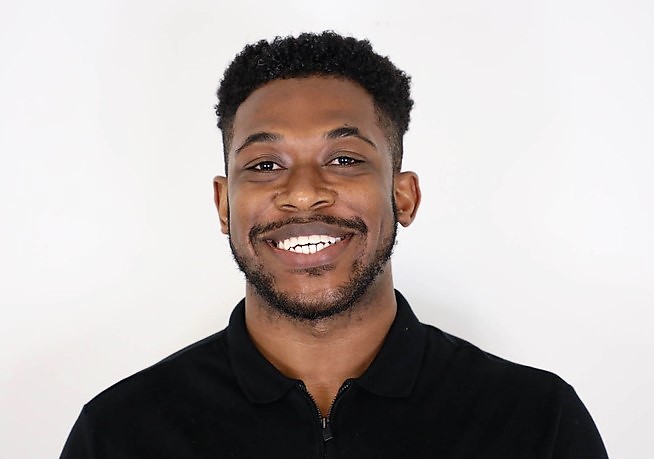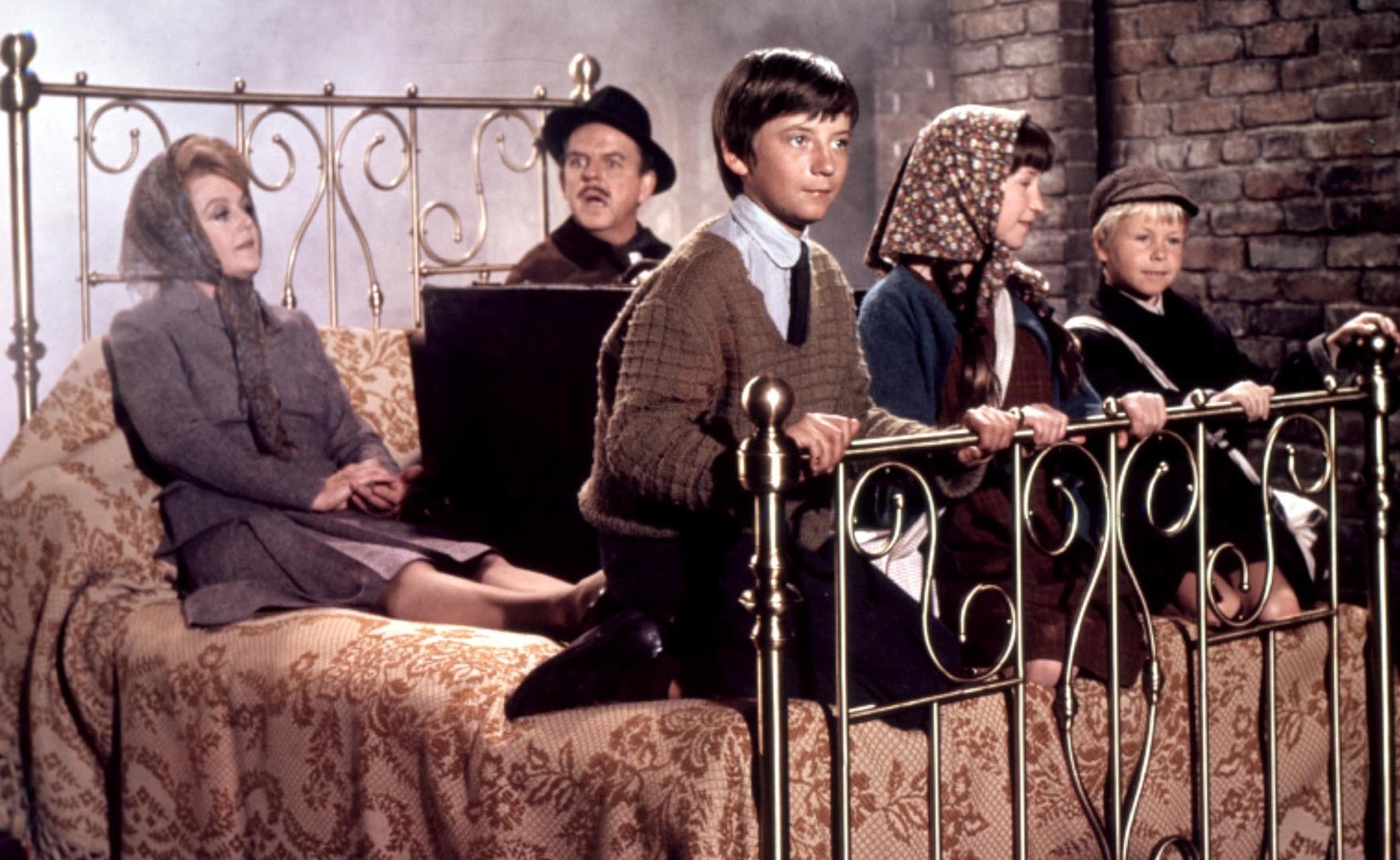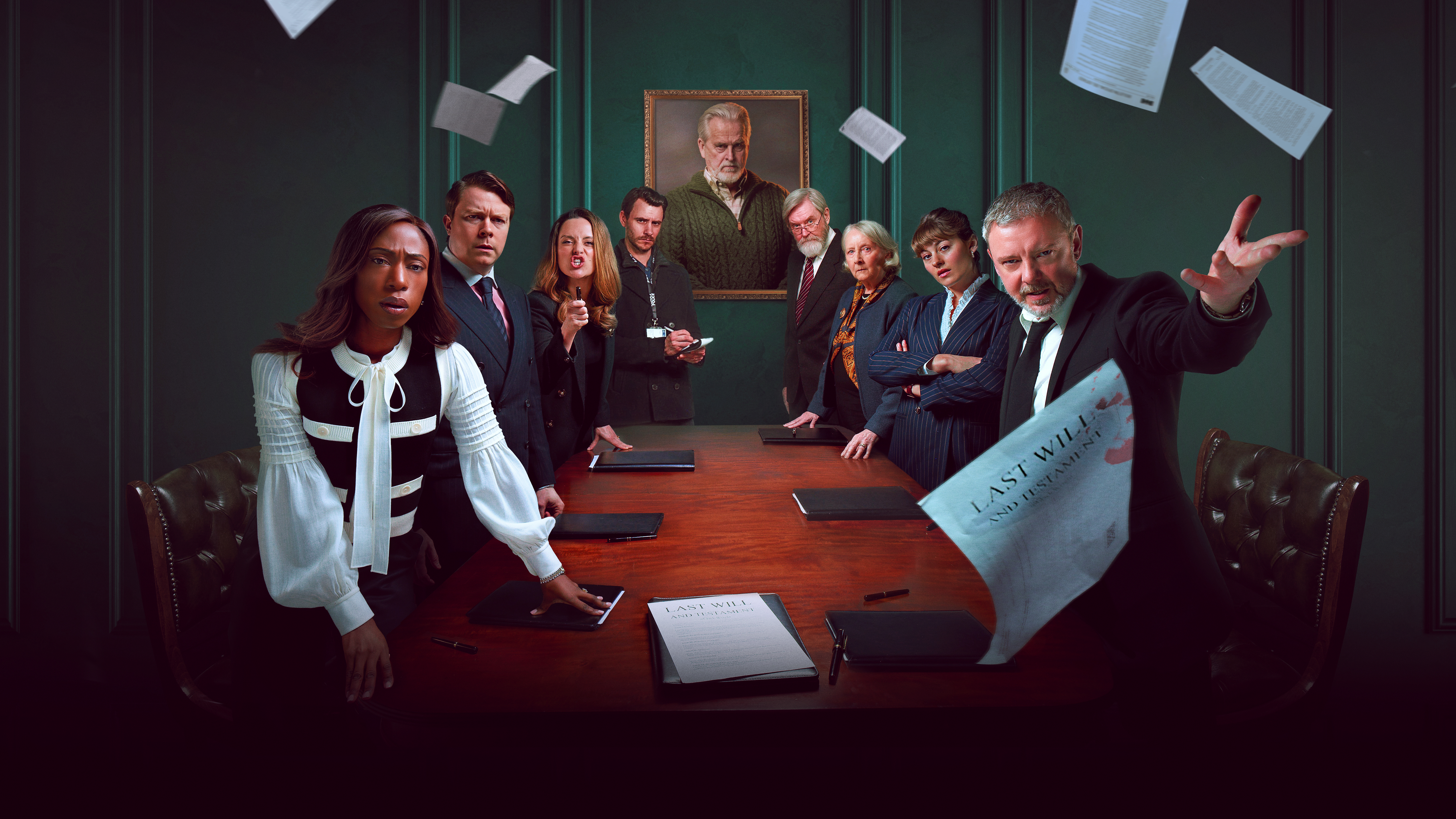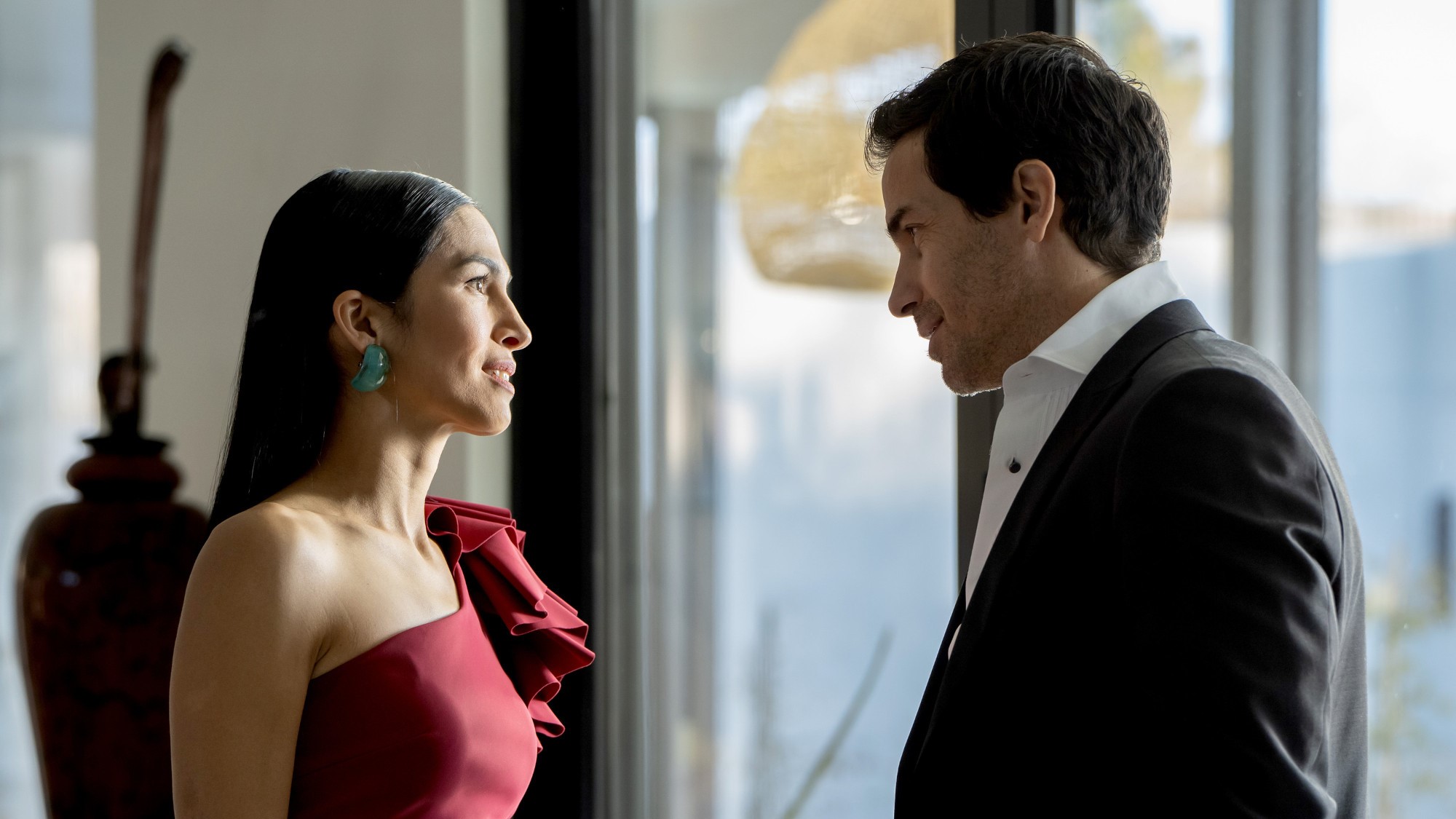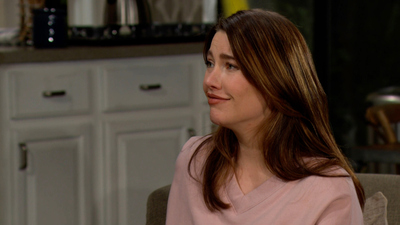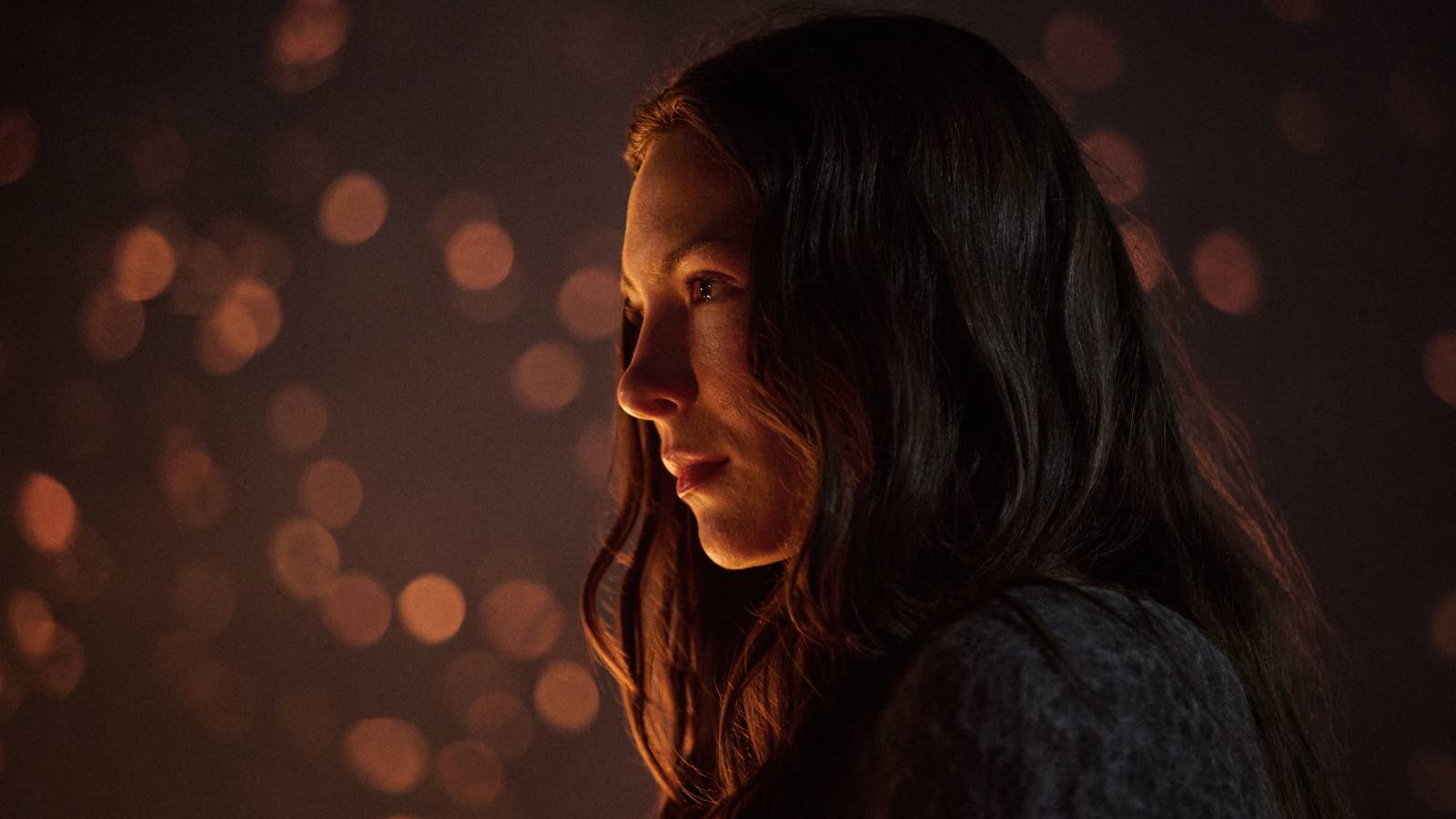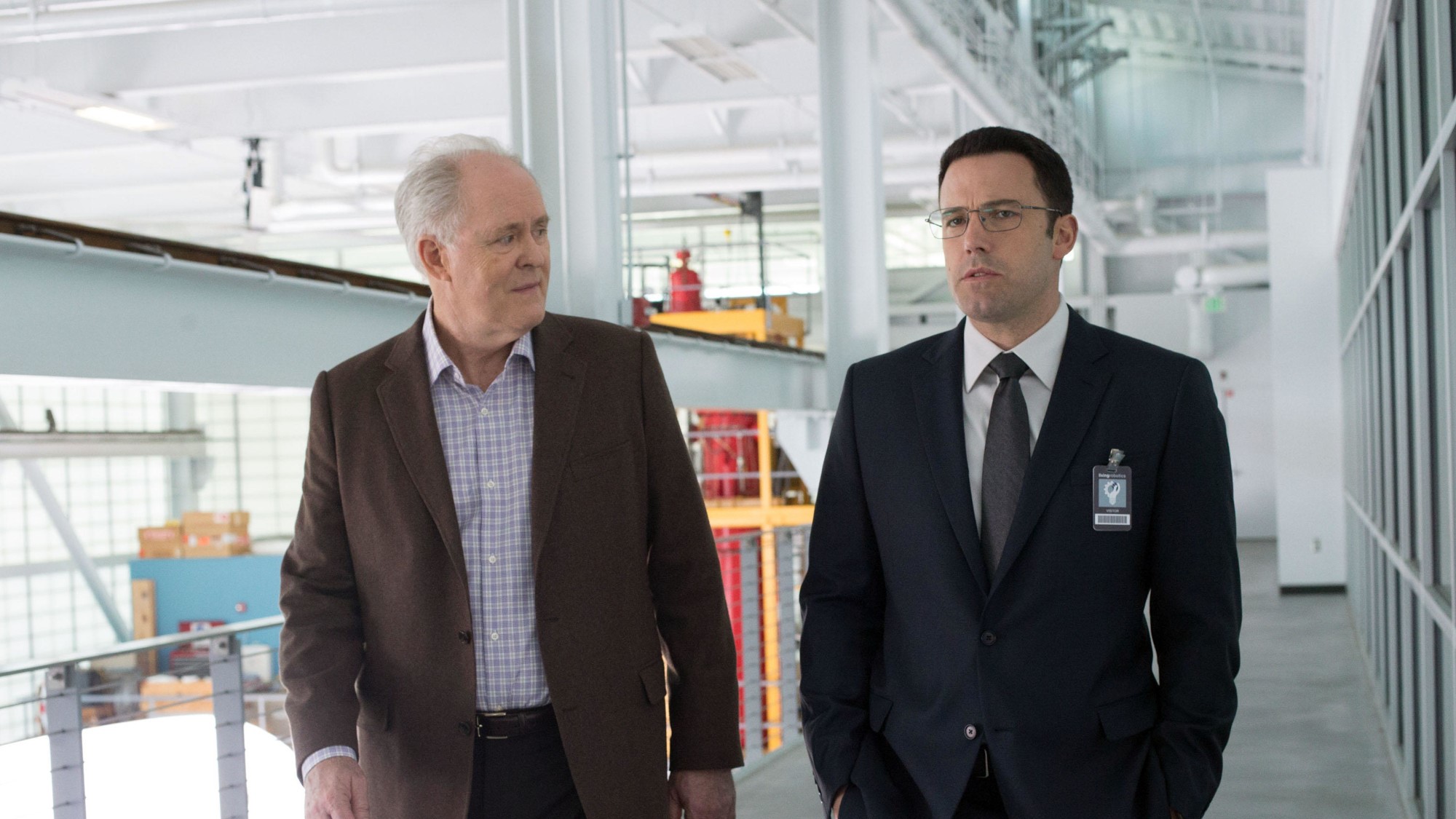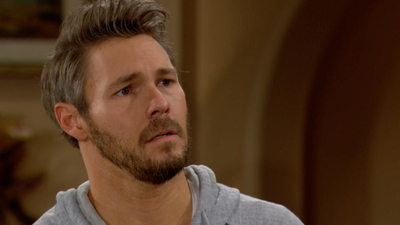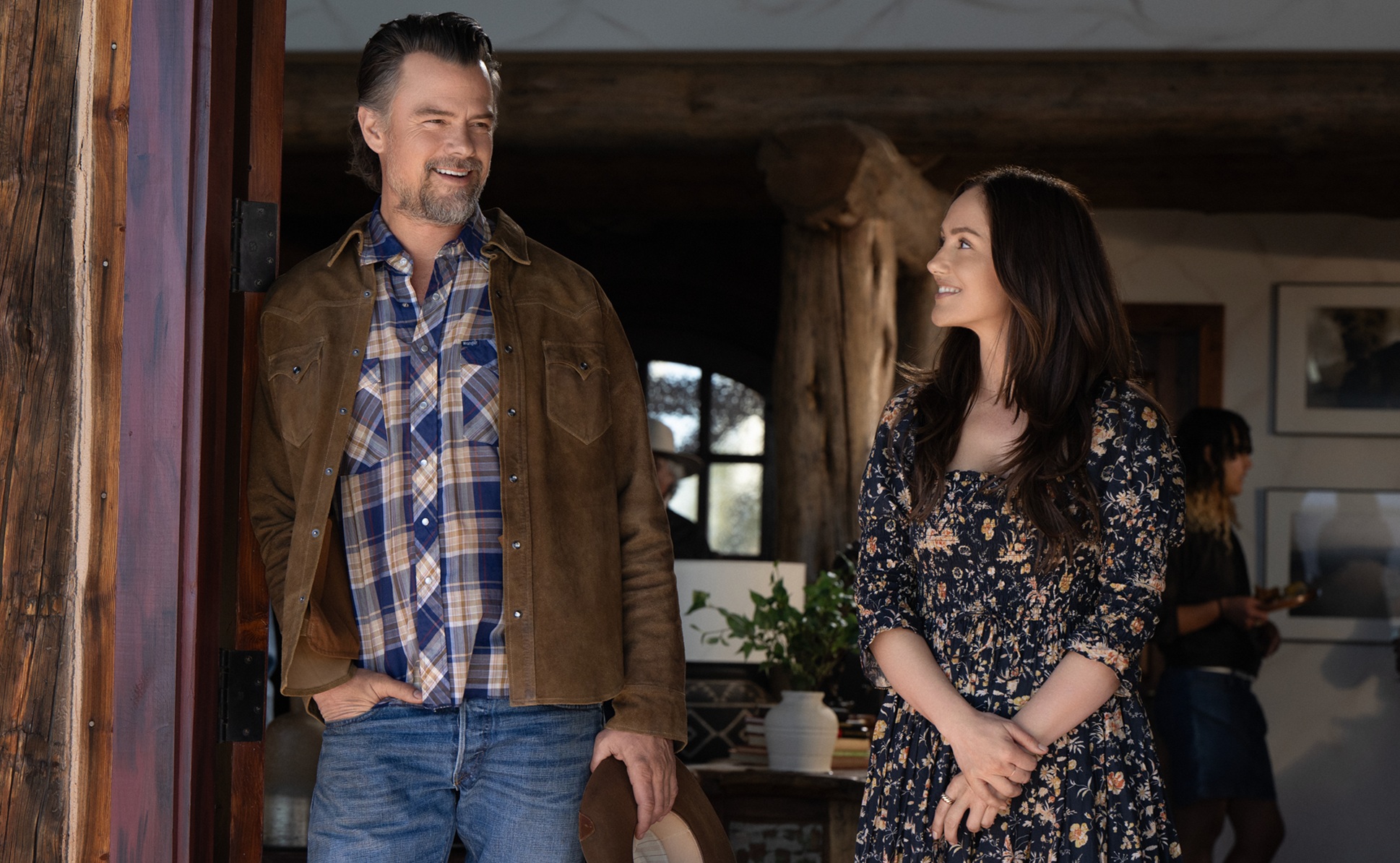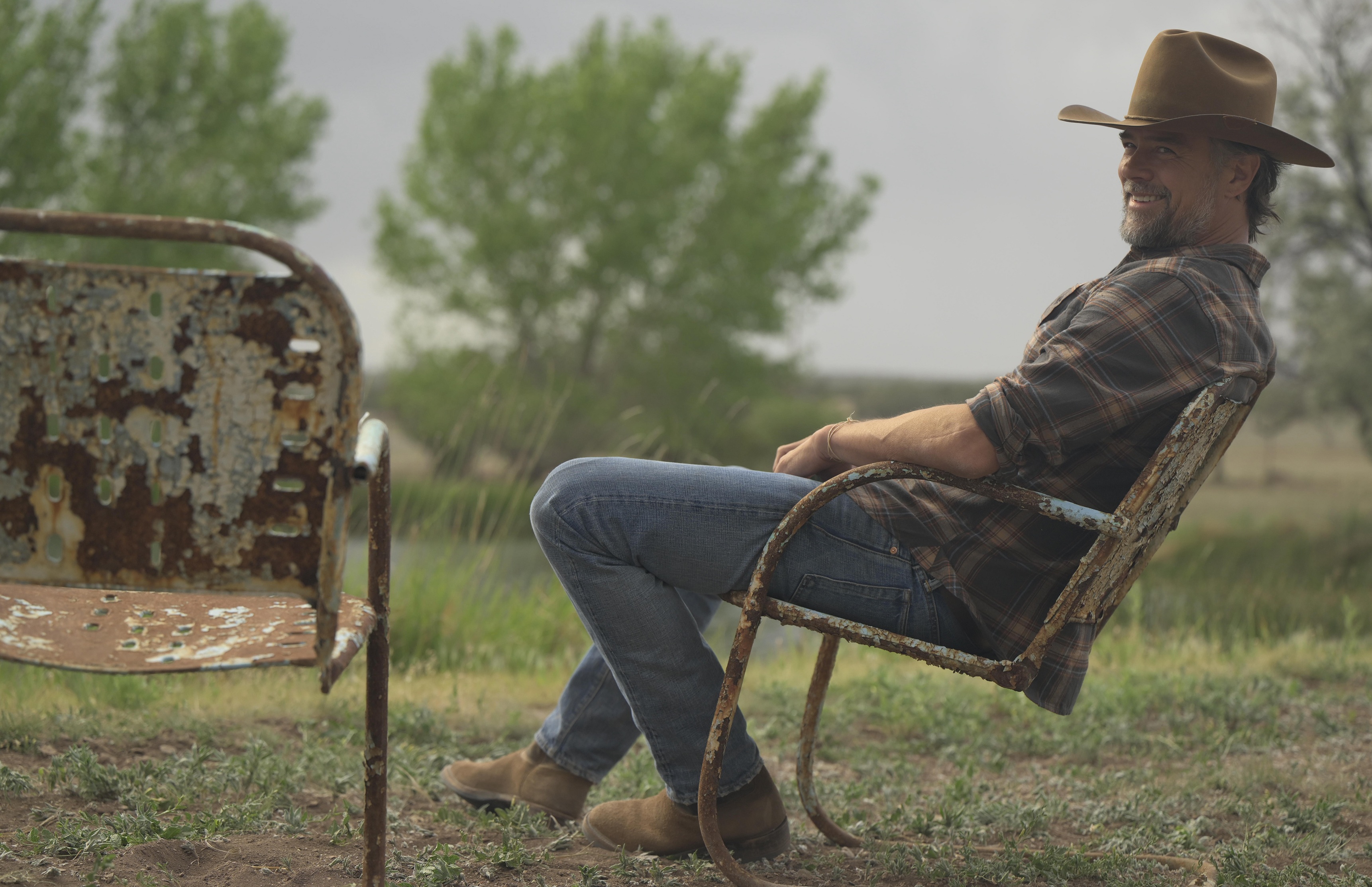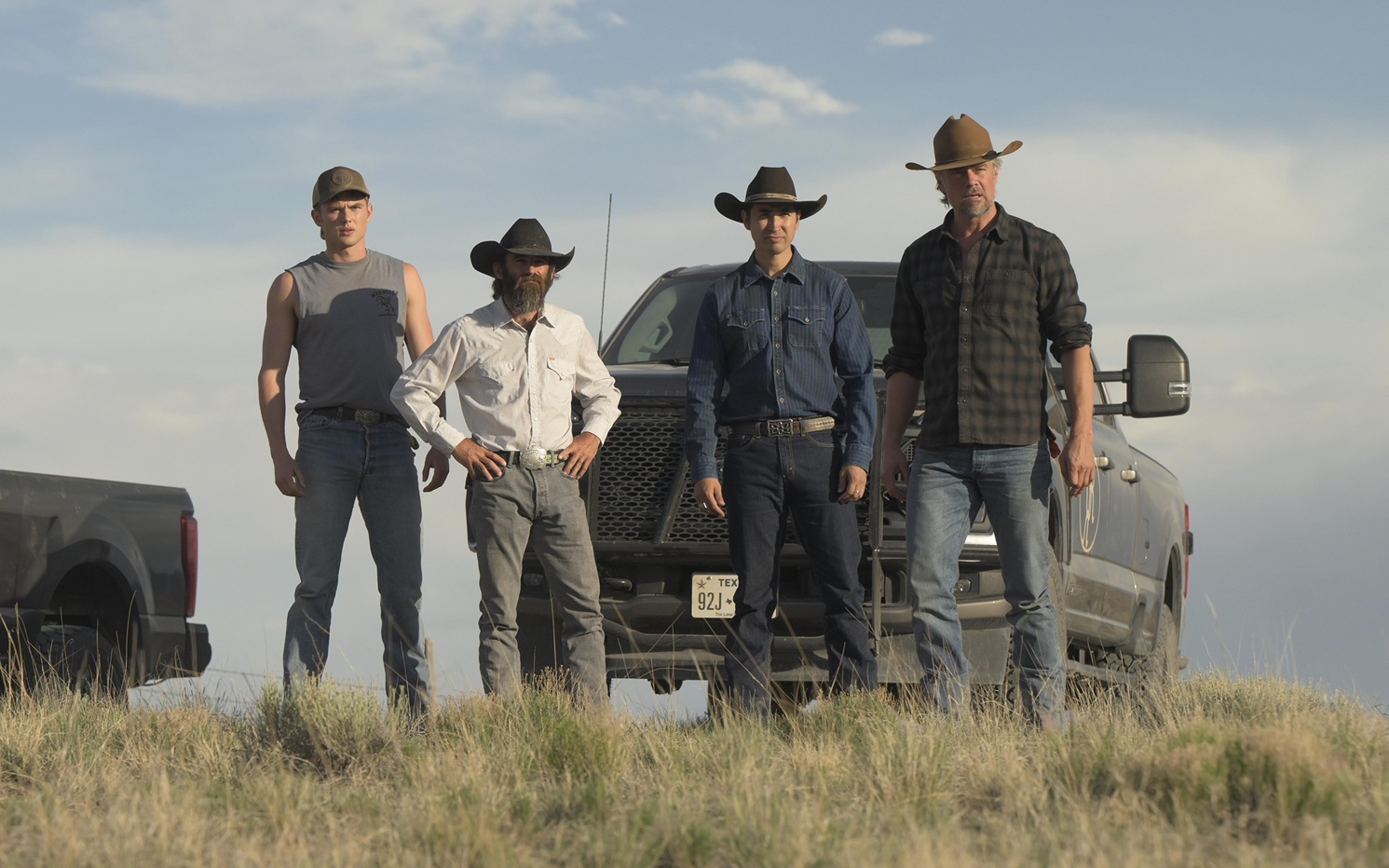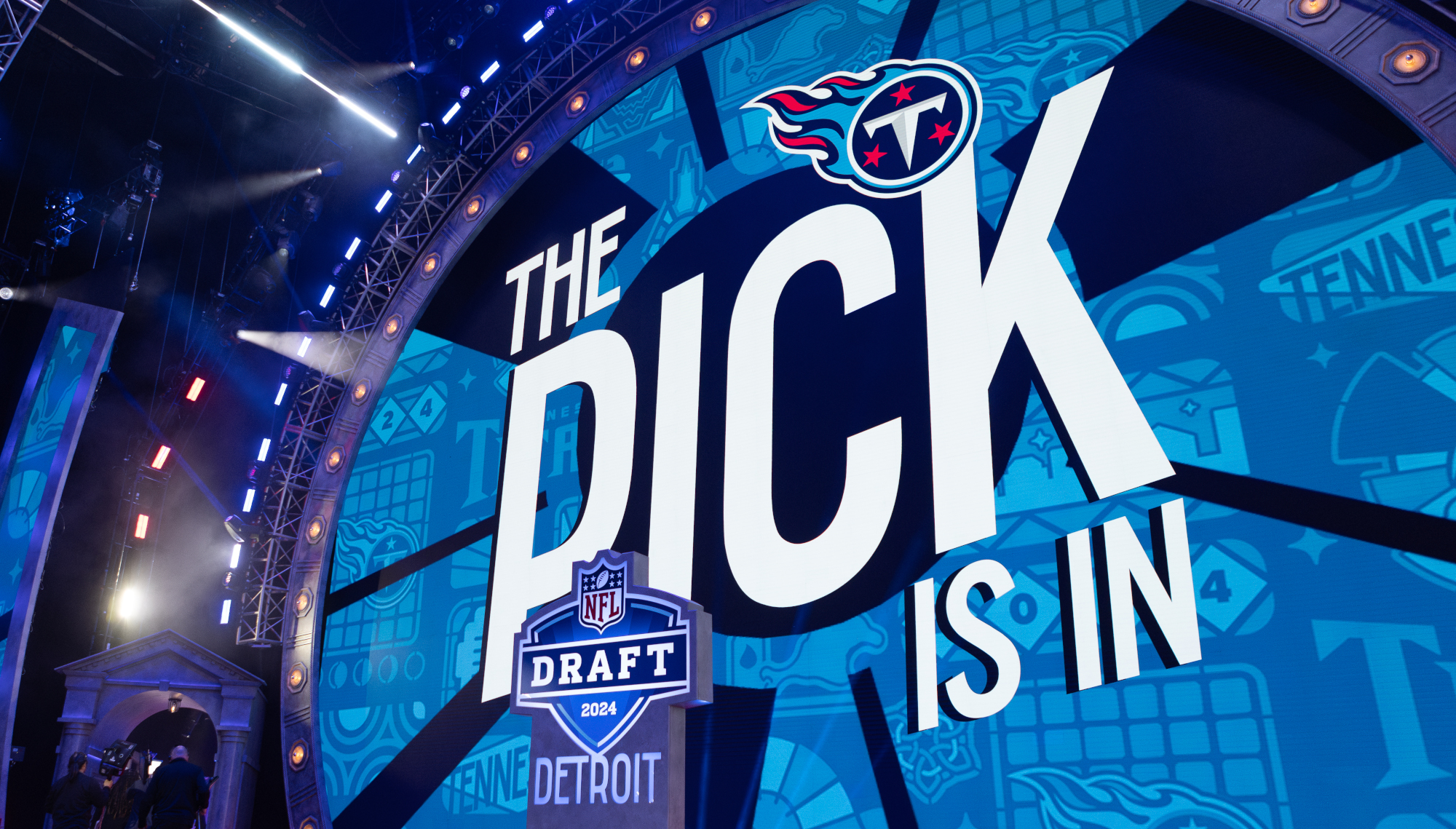Fact vs Fiction: Winning Time season 1 episode 4 — did Kareem and Magic get along?
What did Winning Time episode 4 get right about the development of the Showtime Lakers?
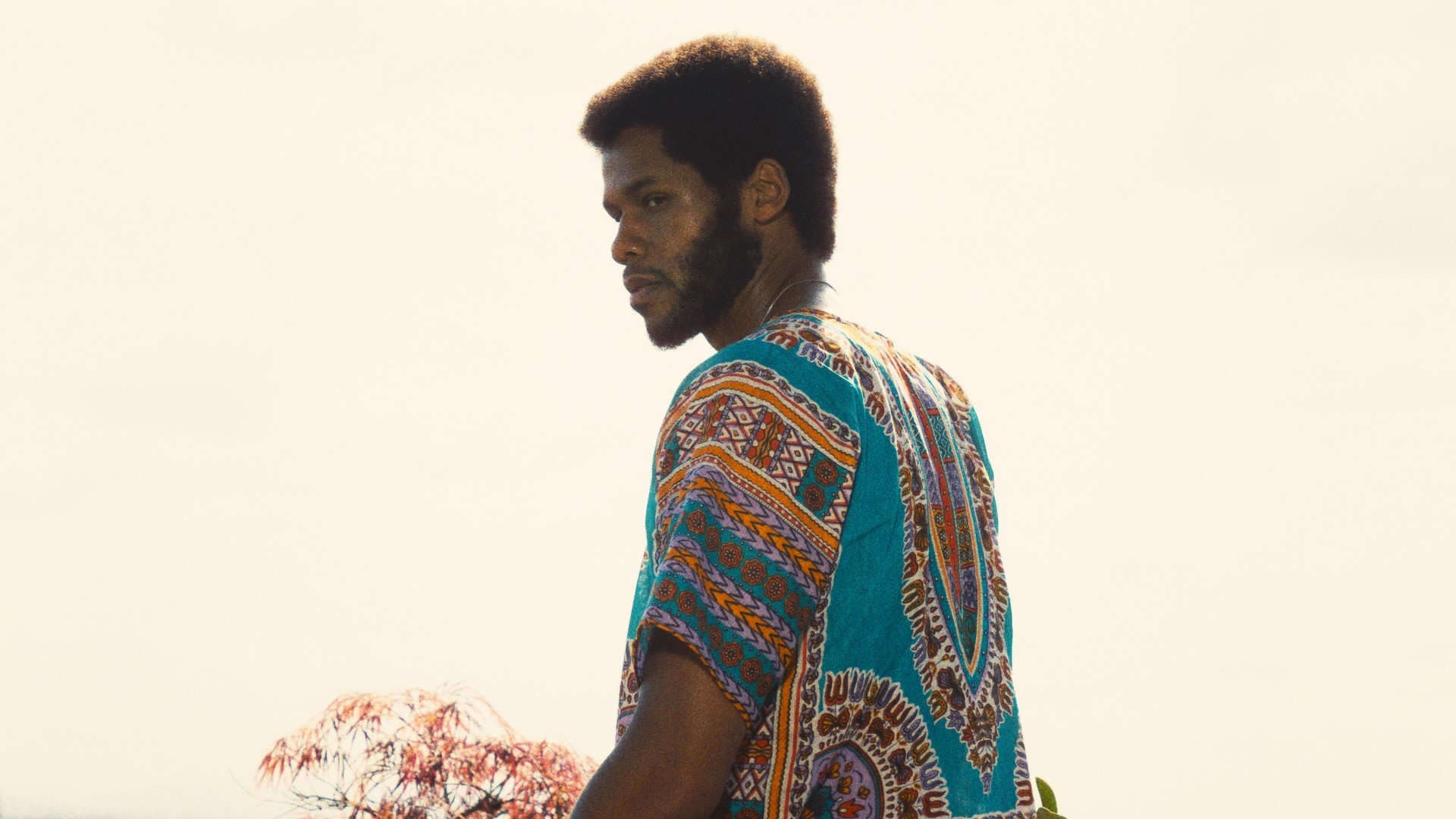
Four episodes in, and Winning Time: The Rise of the Lakers Dynasty continues to captivate viewers. The onscreen personalities of Jerry Buss and Magic Johnson alone are enough to keep you hooked on the series. However, as interesting as all the drama that plays out on the show may be, we can’t help but question what’s real and what’s fabricated.
For example, was Jack McKinney a problem or the solution for the Lakers' coaching issues? Also, did Kareem Abdul-Jabbar really send Magic Johnson to get a morning paper? Furthermore, was it Jeanie and not Jerry Buss who came up with the Laker Girls?
Keep reading to find out what we’ve determined as fact and fiction in Winning Time episode 4.
Be sure to catch up with our Fact vs Fiction for Winning Time episode 3 here.
Did the Lakers dislike Jack McKinney as head coach?
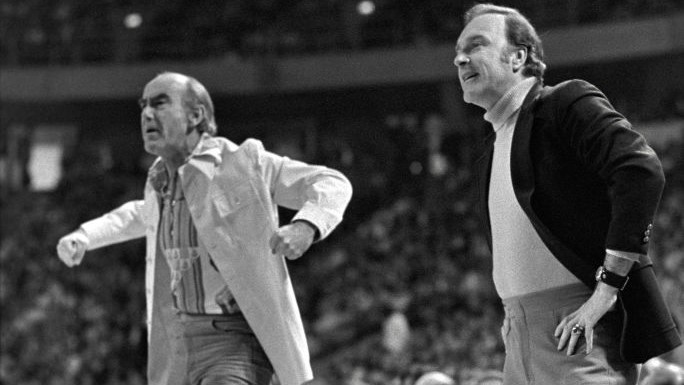
After an episode titled "Who the F**k is Jack McKinney," it only seems right that a microscope be placed on the storyline Winning Time offered of the former Lakers head coach. In the series, McKinney (Tracy Letts) was offered the high-profile Lakers job after Jerry Tarkanian (Rory Cochrane) turned down the position. Once McKinney stepped into the role, he was met with resistance from Jerry West (Jason Clarke) and most of the players. They weren’t big fans of the new coach’s up-tempo style of play and closed practices. Things got so bad, it almost seemed as if a coup was brewing to get him fired.
So in real life, how did the Lakers feel about McKinney?
In actuality, it appears McKinney was well-liked by the team right off the bat, according to Jeff Pearlman, author of Showtime: Magic, Kareem, Riley, and the Los Angeles Lakers Dynasty of the 1980s. In his book, the inspiration for Winning Time, he claims, "McKinney was immediately embraced by his players."
Get the What to Watch Newsletter
The latest updates, reviews and unmissable series to watch and more!
McKinney and Magic Johnson got along well because the coach saw the value in having a 6-foot 9-inch point guard. McKinney earned the respect of Kareem Abdul-Jabbar by confronting and advising him about his style of play, which wasn’t a common thing people did with NBA greats back then. Additionally, Norm Nixon was sold on the new guy because McKinney had a vision that saw both him and Johnson starting together. Nixon even went onto credit McKinney as the true architect of showtime basketball.
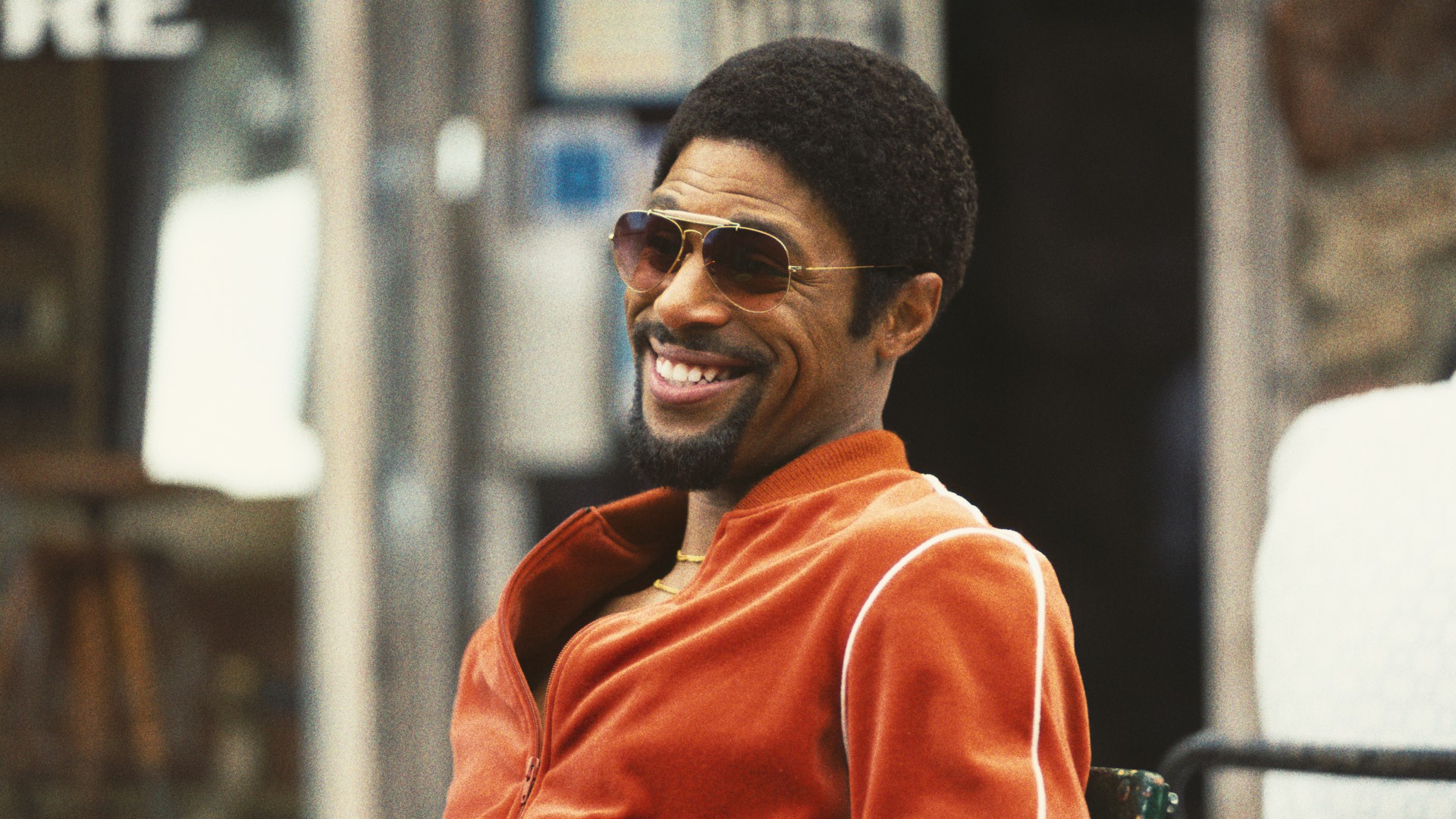
Speaking of showtime basketball, it’s worth mentioning that Winning Time was correct in portraying McKinney as a revolutionary in the sport. As quoted in Pearlman’s book, when McKinny took over the Lakers, he wanted to have a "constant running game" in LA. He further went on to say, "I’d like to have a moving offense, rather than having everyone standing around watching Kareem all the time and putting pressure on him."
With those words and the support of the players and organization, Mckinley put together "run and gun" plays teams around the league would emulate and he convinced the world that "taller" guards make for a great backcourt in basketball.
Did Kareem Abdul-Jabbar get along with Magic Johnson?
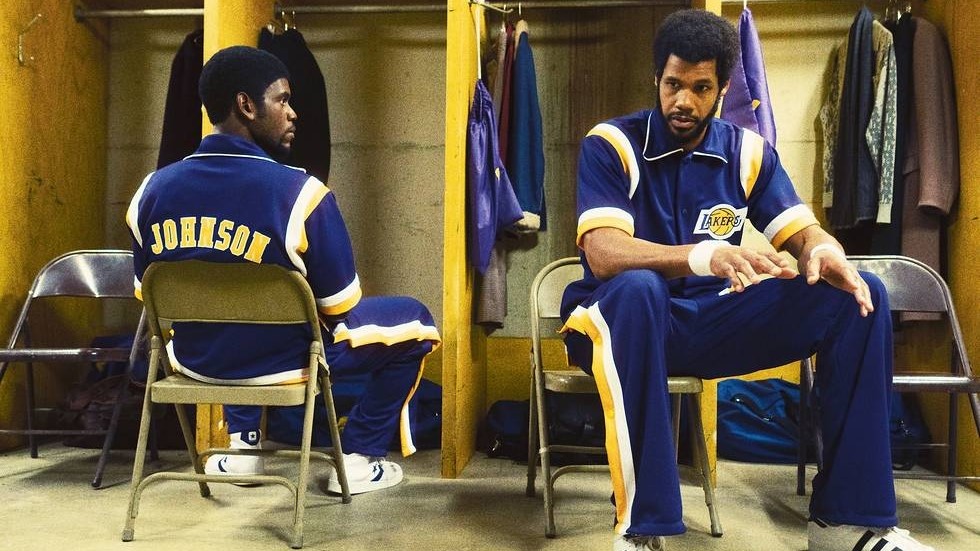
In this episode, Abdul-Jabbar (Solomon Hughes), although ironically still stoic, singled out Johnson (Quincy Isaiah) during training camp as his rookie to pick on. Apparently, it’s NBA tradition for the vets to "haze" the rookies. As such was the case, Johnson was stuck bringing Abdul-Jabbar freshly squeezed orange juice and a newspaper every morning during training camp.
This happened in real life. Johnson himself admitted in the documentary Kareem: Minority of One (2015):
"I was such a Kareem freak. I mean I loved Kareem before I actually came to the Lakers. So when I got to the Lakers they said you’re going to be Kareem’s rookie, and I said great… I went over to Kareem and asked him what do you need… He says, 'I’d like two Gatorades after every break in practice, and I want you to get my newspaper and have it at my door every morning.'"
We should mention Johnson was wearing his famous smile the entire time while describing this ordeal. It’s quite clear he has a great deal of love and respect for his mentor in basketball.
Beyond that initial phase of hazing, there was a bit of what we’ll call "strict professionalism" between the two of them. They didn’t dislike each other, but they weren’t besties. As Kareem would state in a Los Angeles Times article from 1987:
"Magic was very distant. Not unfriendly. He just didn’t really approach anybody (on the team) his first couple of years. I didn’t really know him, other than superficially. He kept to himself. Oh, when we’d go to Michigan (to play the Pistons), we’d hang out, we’d go around places together, but I never really got to know him until recently."
Did Jeanie Buss come up with the Laker Girls?
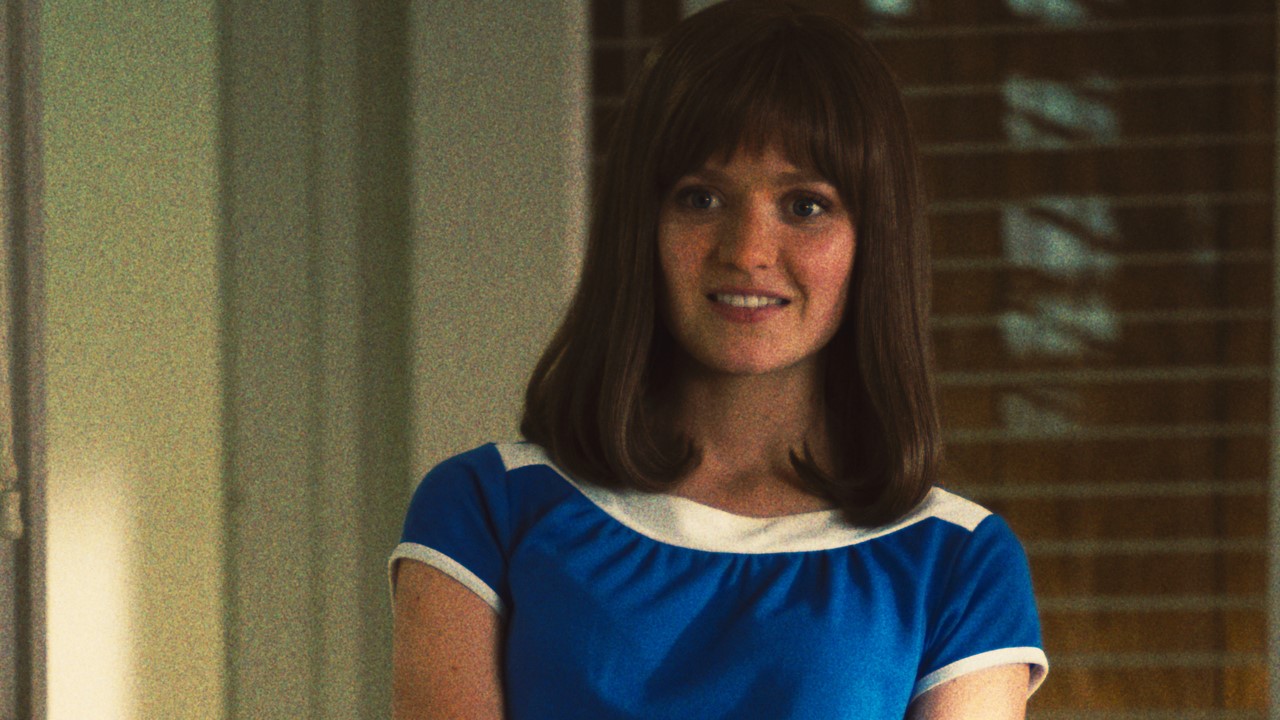
Episode 4 showed Jeanie Buss (Hadley Robinson) coming up with the idea of what would become the Laker Girls. Now while we can’t prove the real Jeanie Buss was involved in the development of the Laker Girls concept, we can prove that her father Jerry Buss is credited with the famous cheering squad.
As the story goes, per the NBA, shortly after purchasing the Lakers, Jerry decided to hire pom-pom girls from UCLA and USC to cheer at games during the 1979-1980 season. He also hired the USC band to perform. Additionally, in that first year, this group of women wasn’t going by the title of Laker Girls. That term wouldn’t be coined until Jerry’s third year as the team owner.
Although Jeanie isn’t credited with the idea for a cheerleading squad at The Forum, she is the one that came up with the rejected concept for a mascot. Despite what was shown in Winning Time, once again according to Pearlman, Jeanie and former Laker employee Linda Rambis came up with the idea of Slam Duck. Rambis further told Pearlman, "Dr. Buss looked at it and said, 'No way. No possible way.'"
Winning Time: The Rise of the Lakers Dynasty airs on HBO and HBO Max platforms on Sundays at 9 pm ET/PT. The series is now available in the UK via Sky TV.
Terrell Smith has a diverse writing background having penned material for a wide array of clients including the federal government and Bravo television personalities. When he’s not writing as Terrell, he’s writing under his pseudonym Tavion Scott, creating scripts for his audio drama podcasts. Terrell is a huge fan of great storytelling when it comes to television and film. Some of his favorite shows include Abbot Elementary, Matlock, The Lincoln Lawyer, Survival of the Thickest, The Pitt and Godfather of Harlem. And a fun fact is he's completely dialed into Bravo Universe and The Young and the Restless (thanks to his grandmother).
